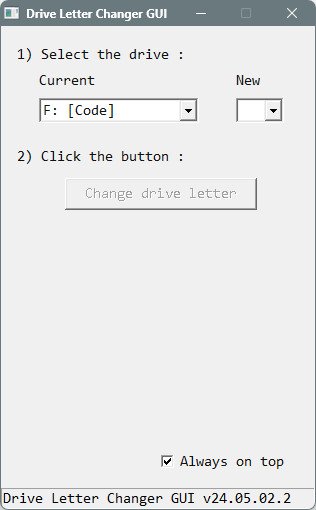Over the past few days, I've been learning Vuejs and I've been asking ChatGPT to generate code for it. It does a really good job of it.
Today I took a small project I'd done in Python and asked ChatGPT to translate it to Javascript. It gave me working code for all the functions. I don't know Javascript well and this made it really easy to get things working. I can literally write any code in python and get it translated to Javascript as long as it is not using any libraries.
Today I took a small project I'd done in Python and asked ChatGPT to translate it to Javascript. It gave me working code for all the functions. I don't know Javascript well and this made it really easy to get things working. I can literally write any code in python and get it translated to Javascript as long as it is not using any libraries.


